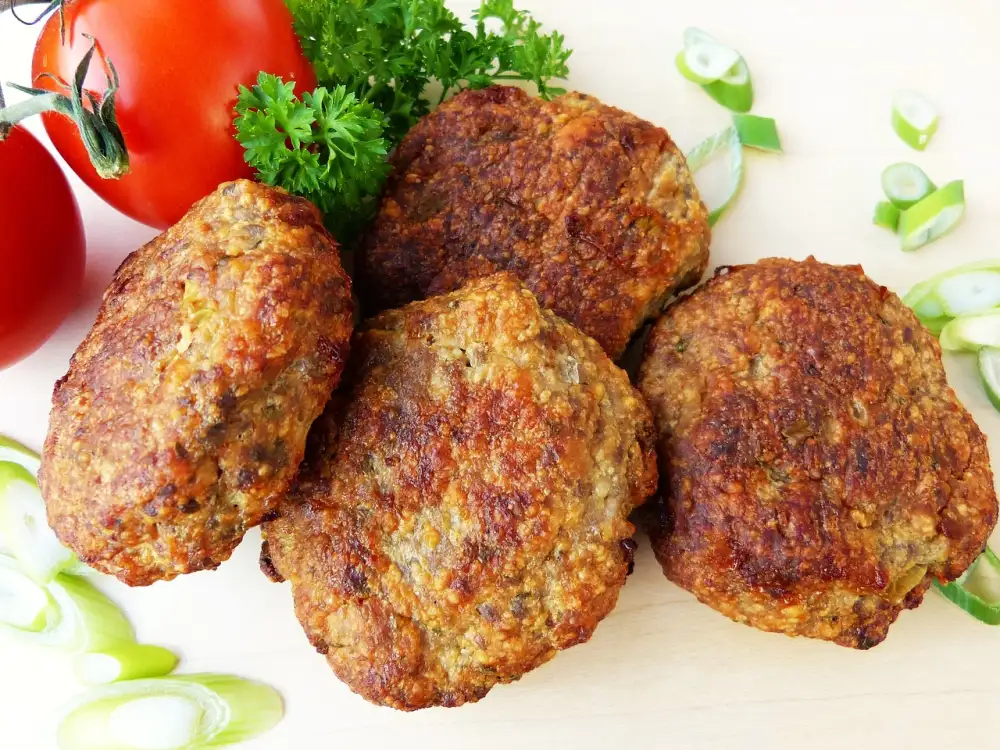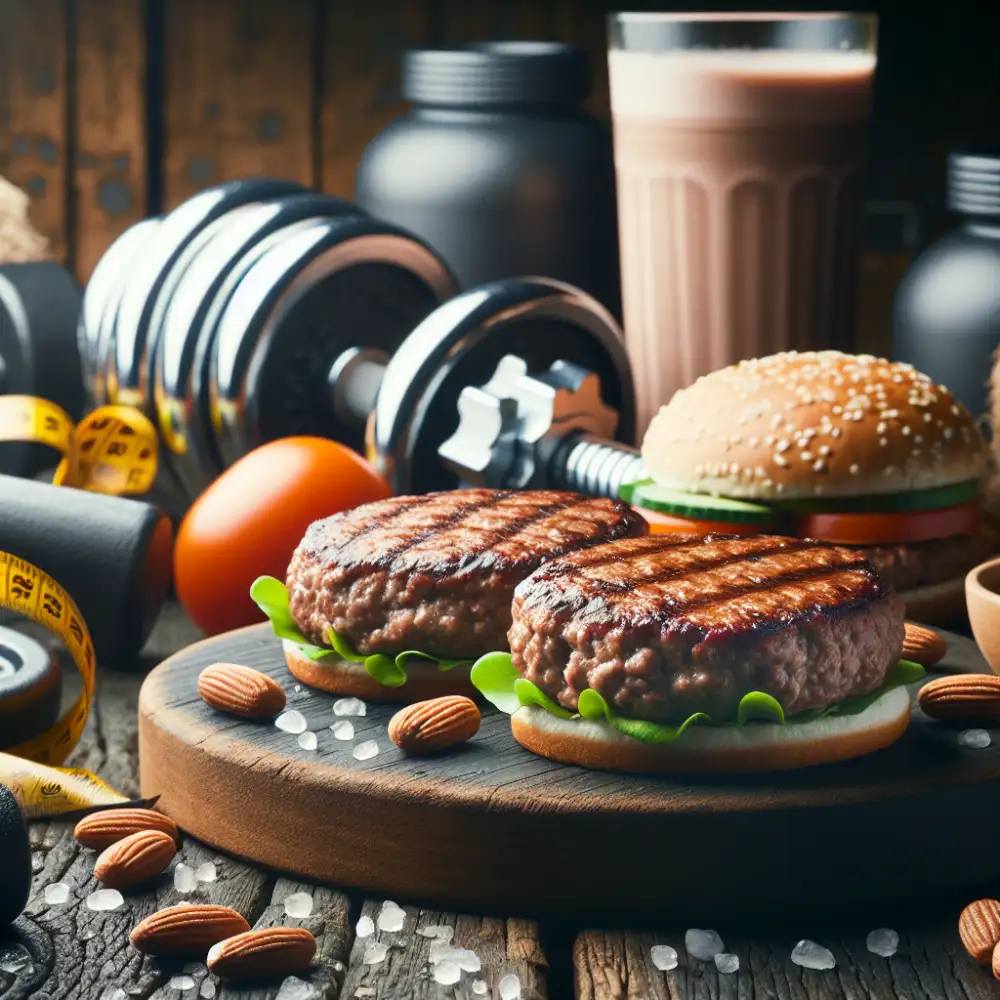High Protein Burgers: Your New Secret Weapon for a Healthier Diet

Protein needs for different people
Protein needs vary depending on factors like age, activity level, and health status. Generally, adults should consume 0.8 grams of protein per kilogram of body weight daily. This translates to about 0.36 grams per pound of body weight. However, athletes and highly active individuals may need more protein, ranging from 1.2 to 2.0 grams per kilogram of body weight (0.5 to 0.9 grams per pound). Pregnant or breastfeeding women also have increased protein requirements. Additionally, individuals recovering from injuries or surgeries may benefit from higher protein intake to support tissue repair. It's always best to consult with a healthcare professional or registered dietitian to determine your individual protein needs. They can provide personalized recommendations based on your specific circumstances and goals.
Benefits of high protein intake
A diet rich in protein offers numerous advantages, particularly for those aiming to enhance their body composition and overall well-being. Protein plays a vital role in boosting metabolism and promoting a feeling of fullness, which can be beneficial for weight management. It aids in building and preserving lean muscle mass, contributing to a toned physique and increased strength. Moreover, adequate protein intake supports healthy bones, skin, and hair. It provides essential amino acids necessary for various bodily functions, including hormone production, enzyme activity, and cell repair.
"High protein burgers: The tastiest way to fuel your muscles and conquer your cravings."
Blake Carrington
High protein burger ingredients
The foundation of any good high-protein burger is the patty. Beef is a classic choice, but opt for leaner ground beef to maximize protein while minimizing fat. Ground turkey and chicken are excellent lower-fat alternatives that still pack a protein punch. For plant-based options, lentil patties, black bean burgers, and tofu burgers are all protein powerhouses. Don't forget about eggs! Adding an egg to your burger patty, whether beef or vegetarian, can boost both protein content and moisture.
Potential downsides of high protein
While upping your protein intake can be great for building muscle and feeling full, going overboard can have some downsides. Eating too much protein might burden your kidneys, especially if you have pre-existing kidney issues. It can also lead to dehydration as your body works harder to flush out excess nitrogen. Additionally, focusing too heavily on protein might mean you're missing out on other essential nutrients from fruits, vegetables, and whole grains. Always aim for a balanced diet and consult a healthcare professional or registered dietitian for personalized advice.

Healthy high protein burger recipes
Forget dry, bland patties! Healthy high-protein burgers can be flavorful and satisfying. Swap out beef for lean ground turkey or chicken for a lighter option. Pulse chickpeas or black beans in a food processor for a delicious vegetarian patty. Boost flavor and moisture with grated zucchini, carrots, or finely chopped mushrooms. Skip the processed breadcrumbs and use almond flour or rolled oats for binding. Top your burger with creamy avocado, tangy Greek yogurt sauce, or a vibrant salsa instead of processed cheese and sugary ketchup. Pile on the veggies for added fiber and nutrients. Get creative and enjoy a delicious, healthy burger that fuels your body.
Published: 13. 06. 2024
Category: Food



